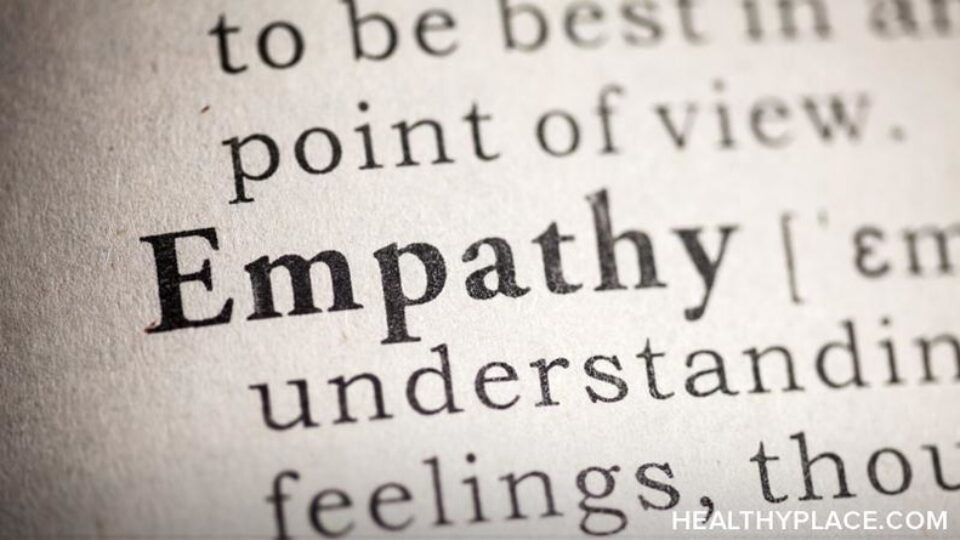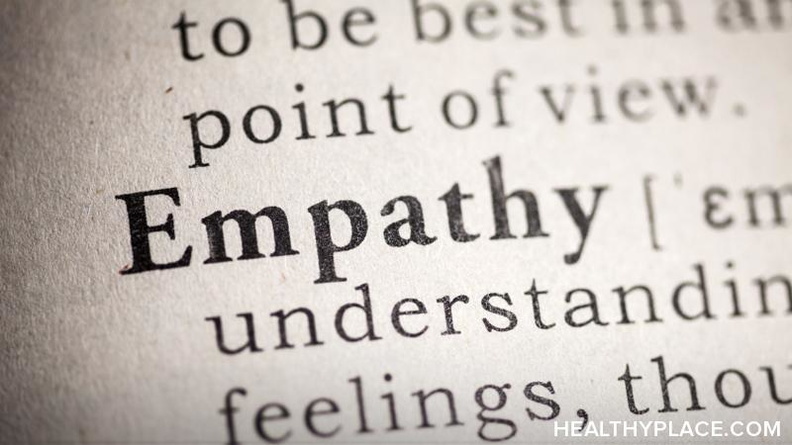
23 Aug2018

share



The Dark Side of Empathy: When Too Much Turns Into None
“I had never been told that empathy is a finite resource. You can run out. As a normal, psychological response, you cannot give of yourself again and again and again without replenishing.”
– Emmett Fitzgerald
To read the full article go to Jessica Dolce
People who work in helping professions tend to have big old hearts. We’re a naturally sensitive and empathetic bunch. Our ability to feel what another being is feeling is part of what drew us to the work we do.
It makes us great at our jobs, but empathetic engagement is also what contributes to compassion fatigue. In a nutshell:
Excessive empathy can lead to a lack of empathy. Too much can turn into not enough.
Kristin Neff, PhD helps explain why:
“Empathy can be defined as emotional resonance — feeling what others are feeling. Our brains actually have specialized mirror neurons designed for this purpose. Mirror neurons evolved to help us quickly know if someone is friend or foe by registering their feelings such as anger or friendliness in our own bodies…The problem for caregivers is that when we’re in the presence of suffering, we feel it in our own bodies.”
With our mirror neurons firing all day long – feeling and absorbing the stress, fear, and sadness of the animals and people around us – we can start to feel flooded and overwhelmed. It may seem as if we’re soaking in suffering.
Here’s the thing: the emotions of others are contagious. If our empathetic “immune system” isn’t robust, then the boundaries between ourselves and those we serve may become very blurry. And at some point, we may not be able to feel the difference between what someone else is experiencing and what is happening in our own bodies. We feel it all.
Where do we end and where does the other being begin?
This boundary can be especially hard to find for those of us that work with populations who are defenseless: children, animals, the environment. Laura van Dernoot Lipsky writes in Trauma Stewardship, “When we speak for animals or creatures or environments that are unable to speak for themselves, we may gradually lose the ability to distinguish their voices from our own. If we don’t pay careful attention, our feelings of identification and responsibility may increase to the point that we experience their anguish in a debilitating way. In the long run, this can diminish our ability to be effective advocates.”
If we are excessively empathetic, it’ll feel like out system is being totally overwhelmed by what’s happening around us. There were many days at the animal shelter where I felt like a walking open wound.
To protect ourselves, many of us start pushing our feelings away, shutting down, and numbing out. It feels like the only way to survive.
Gradually we may discover we’ve lost the ability to empathize with others (both at work and in our personal lives). This lack of empathy is actually a very common symptom of compassion fatigue in experienced caregivers.
run out of empathy
As we hit the limits of our empathy, without finding a way to recharge and care for ourselves, we become desensitized. We minimize the pain and suffering of others. We stop listening and change the subject. We tune out. We become indifferent.
Instead of feeling everything, we no longer feel much of anything.
“It’s as if you’re a sponge that is completely saturated and has never been wrung out. You can only take so much.” – from Trauma Stewardship